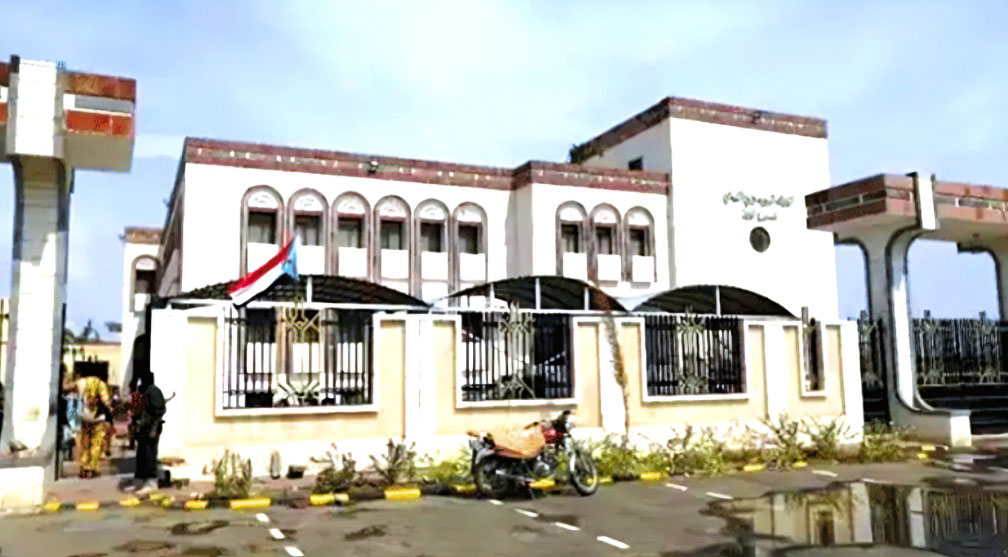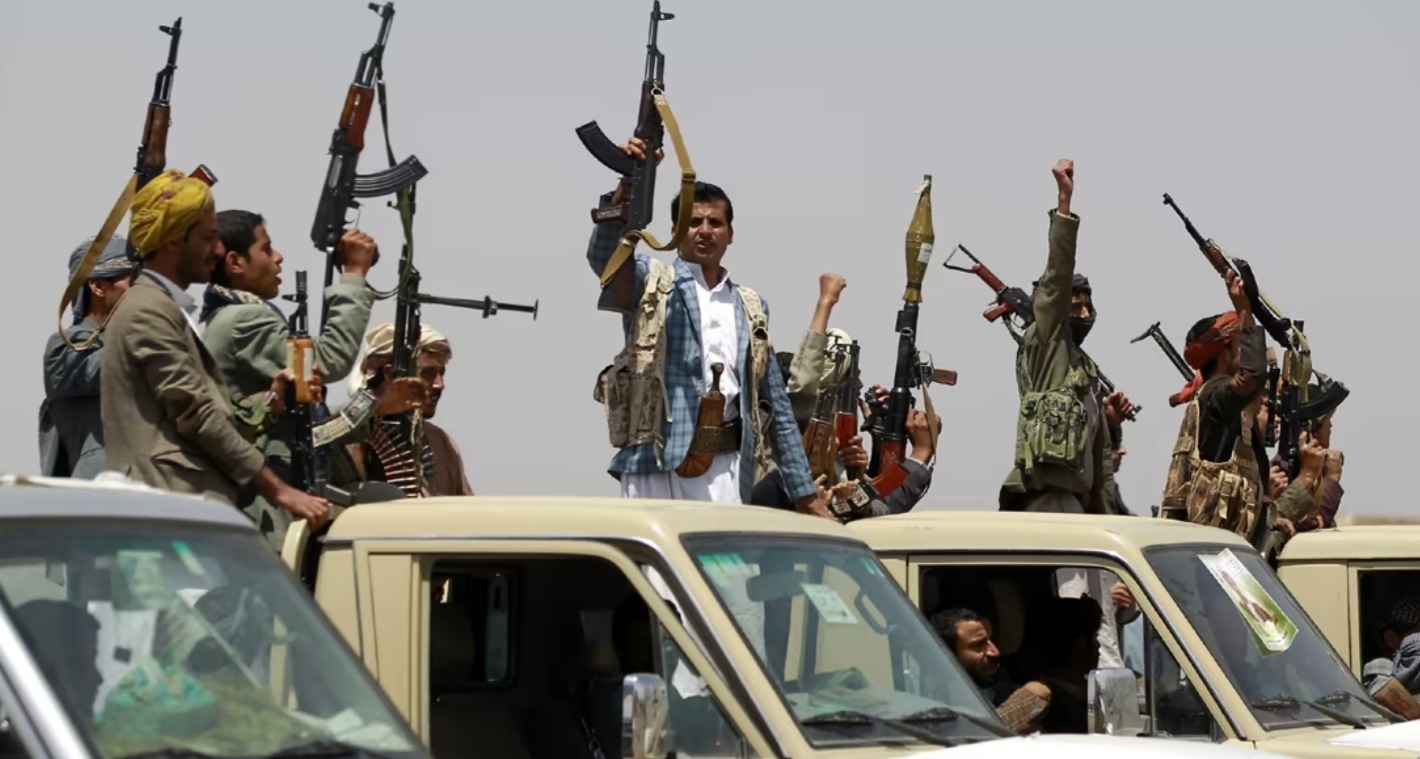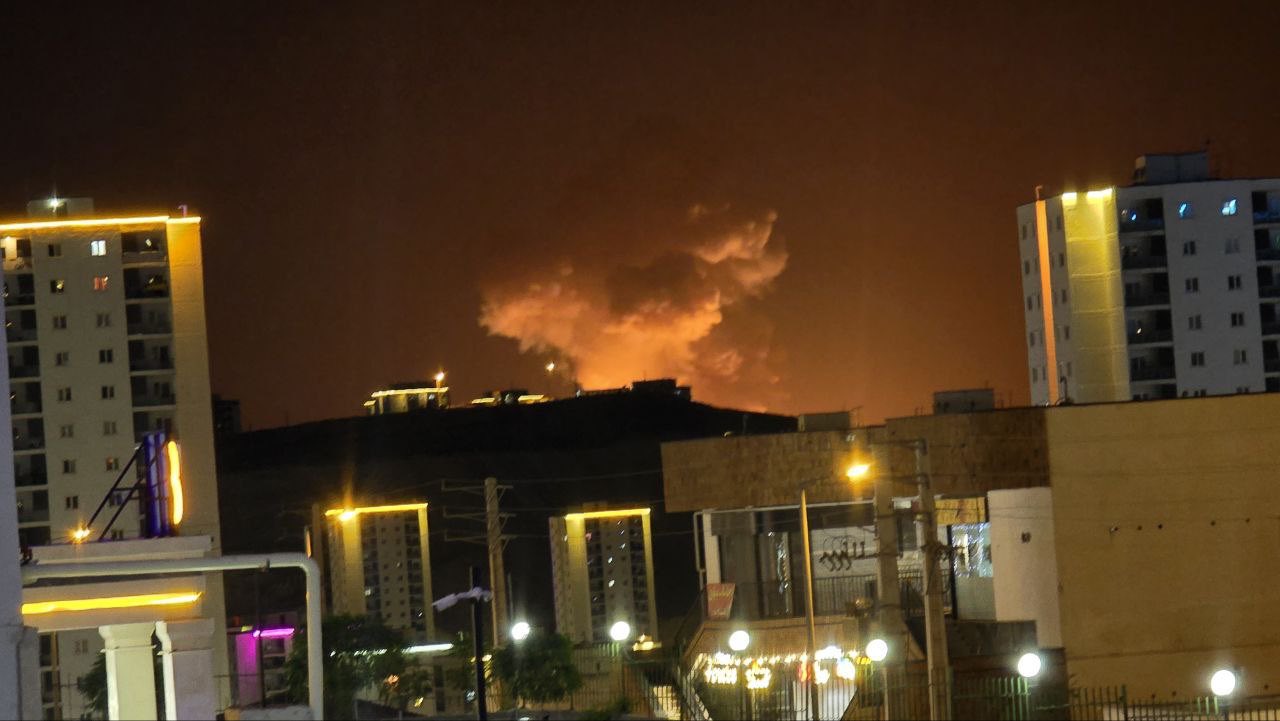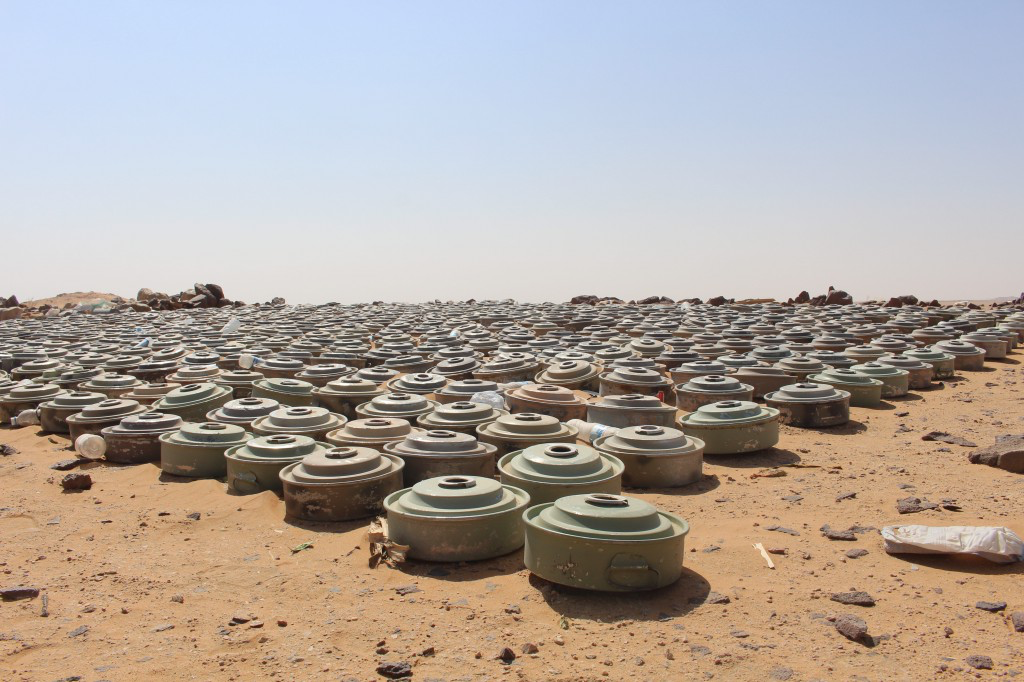
Barran Press
The Central Bank of Yemen’s Lahj branch announced on November 12, 2024, that it has closed several non-compliant money exchange facilities that have not obtained official licenses to operate from the bank.
According to Yemen’s official news agency, Saba, the bank's closure of these facilities occurred in the districts of Yafe' and Al-Muflehi, which were engaged in the buying and selling of local and foreign currencies without proper authorization.
Director of the Lahj branch, Mamdouh Al-Shaabi, stated that the operation was conducted in cooperation with security forces, following legal procedures established by the Public Funds Prosecutor’s Office in the province and in compliance with directives from the Attorney General, the leadership of the Central Bank, and local authorities.
Al-Shaabi emphasized that the campaign would continue until all objectives are met, contributing to economic stability and the monetary policy of the bank. He underscored the importance of compliance with existing laws governing money exchange operations in Lahj.
He urged money exchange operators to visit the Central Bank branch in the province to rectify their legal status and fulfill the necessary conditions and standards required for obtaining licenses.
Al-Shaabi commended the joint efforts of bank employees, members of the Public Funds Prosecutor’s Office, and security personnel in successfully executing the closure of the non-compliant facilities.
In recent days, several provinces under the control of the internationally recognized Yemeni government have seen a crackdown on money exchange companies as part of a broader initiative by the Public Funds Prosecutor’s Office, in collaboration with security forces, to enforce Central Bank regulations aimed at protecting the national currency and curbing speculation.
The Public Prosecutor’s Office has shut down dozens of illegal exchange companies in Aden, the temporary capital, as well as in Al-Mahra, Hadramout, and Shabwa, as part of this extensive campaign that began last Friday.
Earlier, Yemeni Prime Minister Ahmed Awdh bin Mubarak emphasized the need for intensified efforts to address non-compliant exchange shops and currency speculators in all liberated provinces to protect the national currency, which is experiencing a continuous decline.
The local currency, the rial, has faced significant devaluation, with the dollar reaching an all-time high of 2,054 rials in today’s trading, compared to 1,676 rials in late April. The Saudi riyal has also increased to 536 rials, up from 441 rials.





